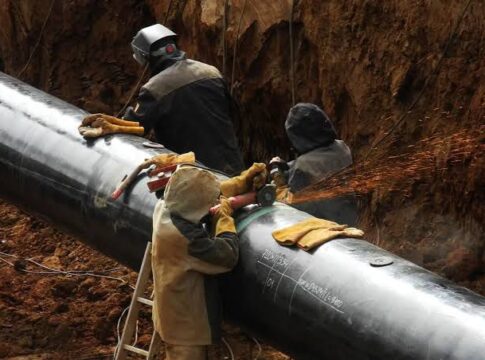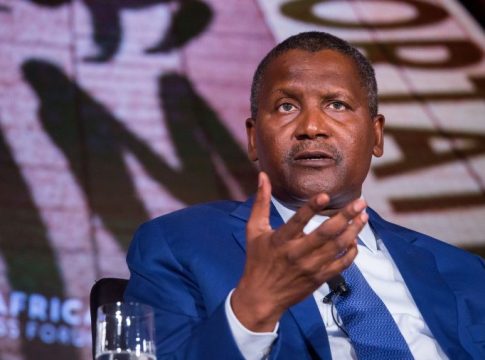The Nigerian government has dropped treason charges against more than 30 minors arrested during anti-government protests in August, following intense public outcry.
The decision comes after disturbing footage of several children collapsing in court due to malnutrition circulated widely, prompting President Bola Tinubu to call for their immediate release.
The children, some as young as 14, had been detained since participating in anti-government demonstrations in August, which were part of the #EndBadGovernance movement amid a worsening cost-of-living crisis.
President Bola Tinubu called for the immediate release of all minors involved. “It is imperative that we protect our children and ensure they are returned safely to their families,” Tinubu stated through his spokesman, Bayo Onanuga. “We have instructed the humanitarian affairs ministry to facilitate this process.”
Initial reports indicated 27 children were detained, but further investigations revealed more minors aged 14 to 17 were also in custody, extending the total number of affected youths.
The protests, which began as peaceful demonstrations, escalated into violence in some areas, leading to tragic consequences. Police reported that seven individuals lost their lives during the clashes, although human rights groups estimate the death toll could be as high as 23.
Nearly 700 arrests were made during these protests, highlighting the tensions between citizens demanding reform and security forces maintaining order.
Footage showing children in distress during court proceedings prompted immediate backlash from human rights organizations. Enough is Enough, a prominent Nigerian rights group, condemned the situation as “institutional child abuse.” Amnesty International referred to the detention of these children as one of the most severe attempts to stifle freedom of assembly in Nigeria’s recent history. Critics argue that the government’s decision to drop the charges serves as a face-saving measure, preventing further embarrassment while revealing the risks associated with heavy-handed tactics against those demanding accountability and change.
As Nigeria grapples with these pressing issues, the need for a more humane approach to governance becomes increasingly apparent. The case serves as a stark reminder of the importance of protecting the rights of young people, who are often caught in the crossfire of political turmoil.




